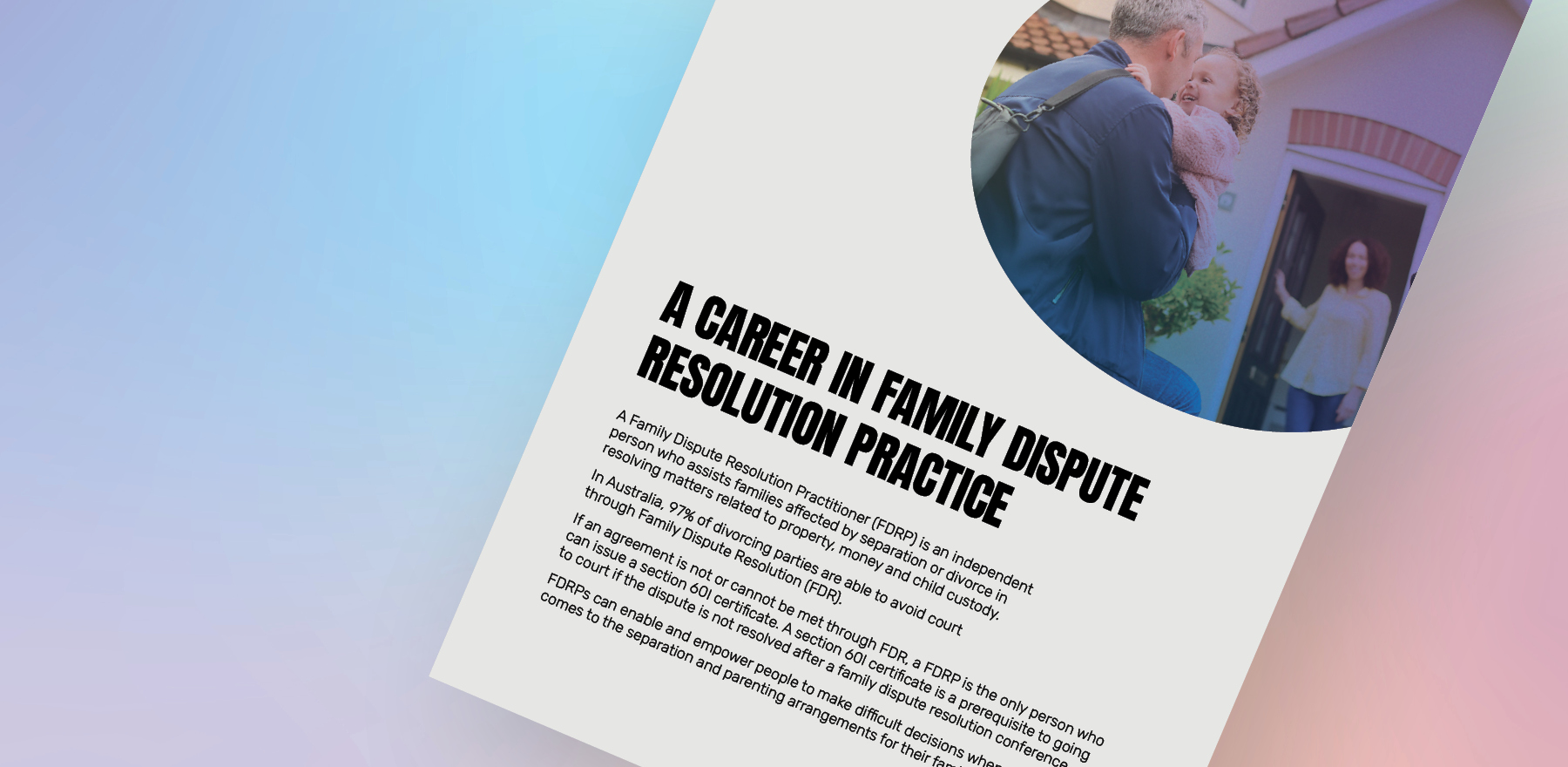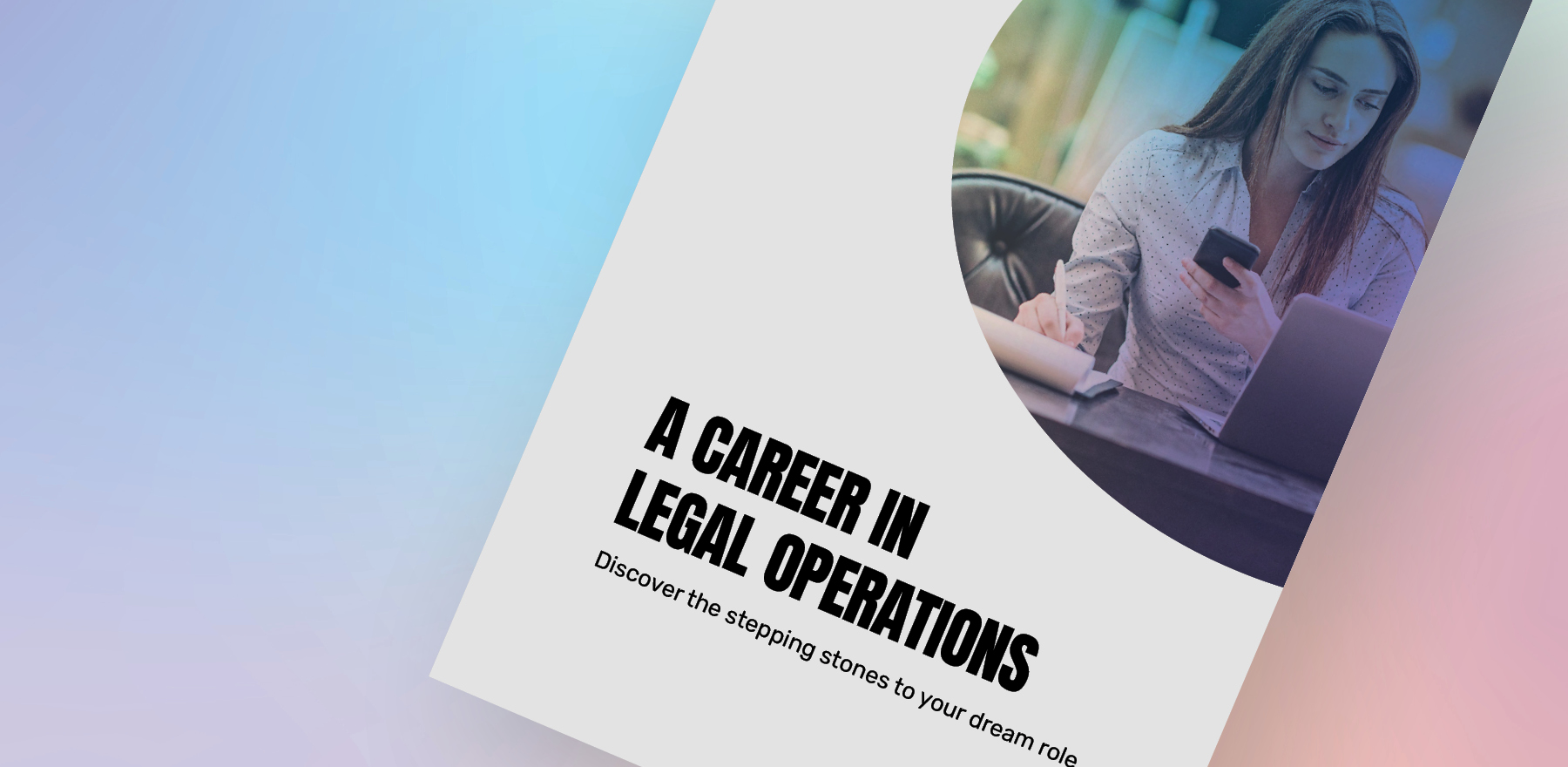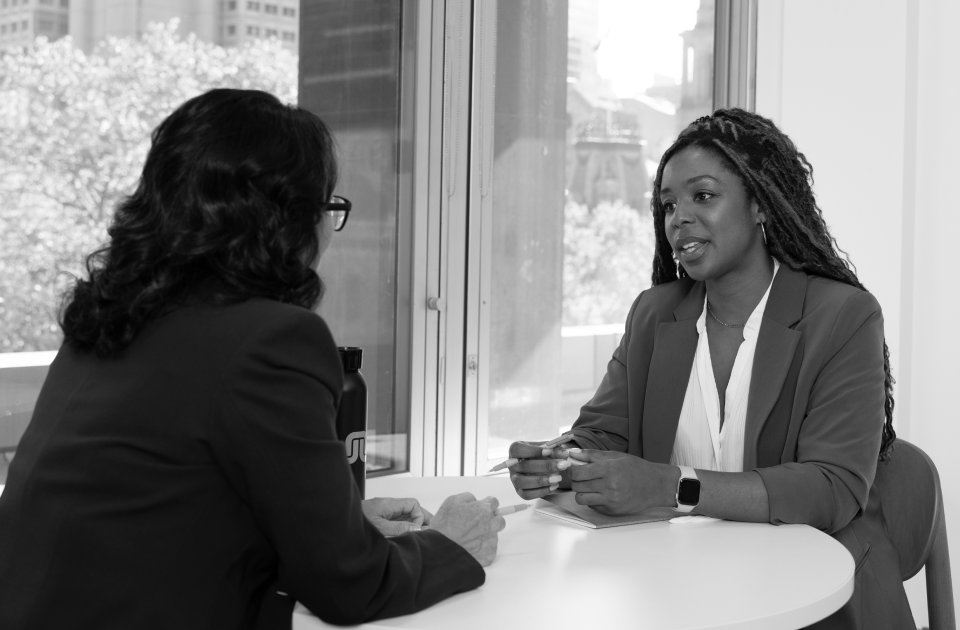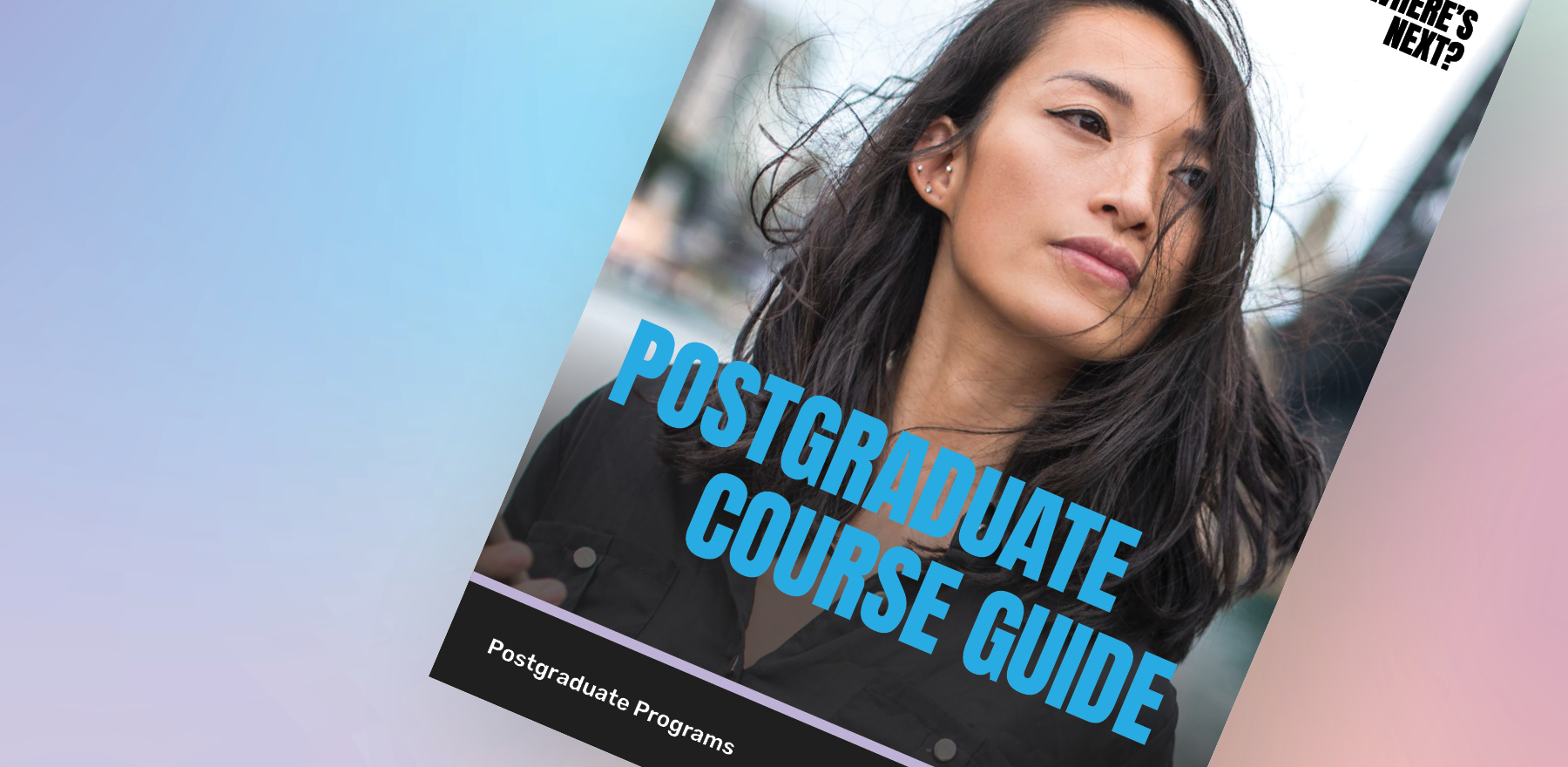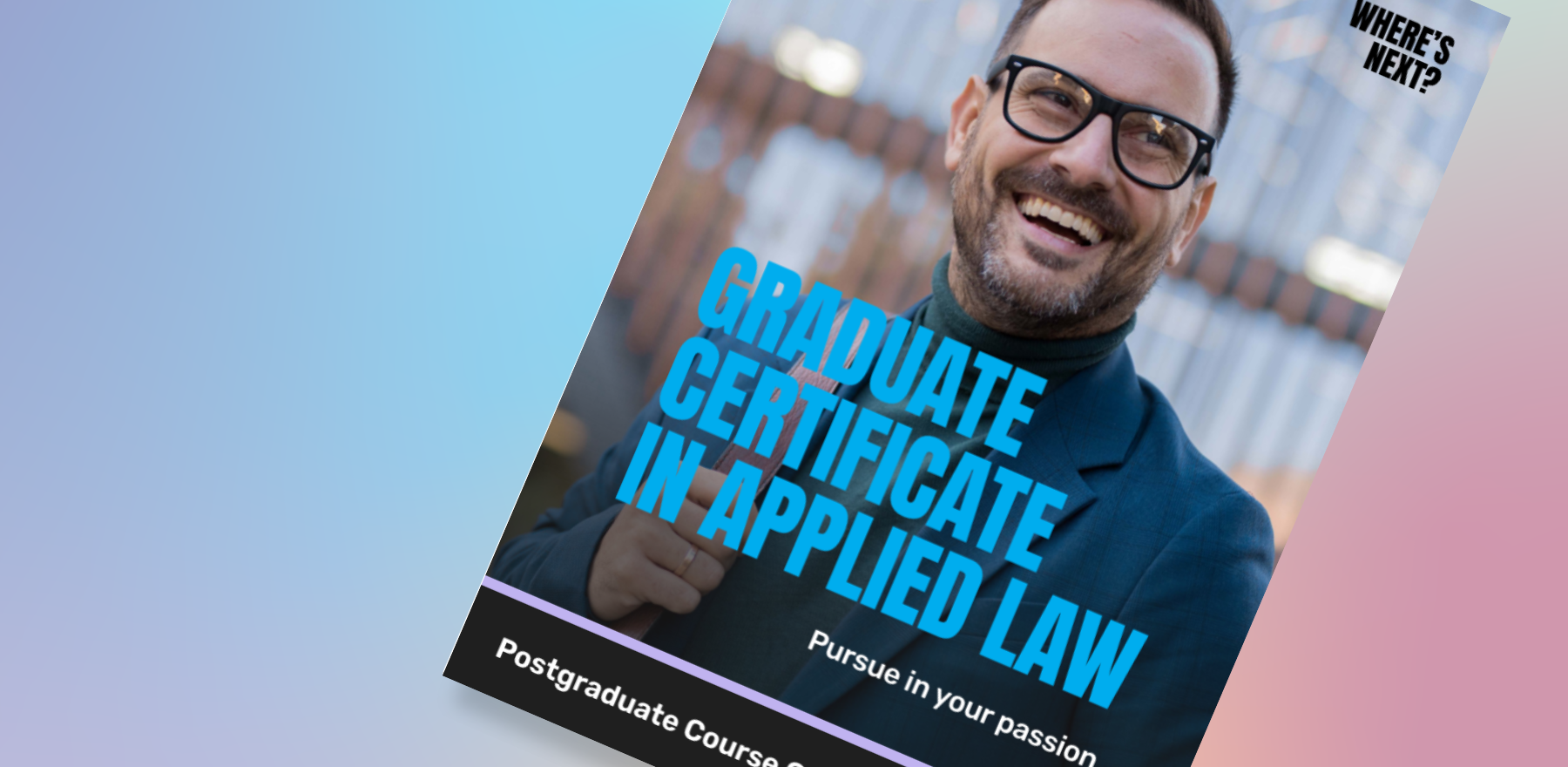‘Talk your way out of trouble’ is technically what lawyers do for a living… then, in Jahan Kalantar’s case, throw in a devastatingly stylish suit, I mean why not? Jahan Kalantar understands the rules of the legal world to a tee and has led a prodigiously impressive career. He has been a barrister, TEDx talker, criminal litigator, and most recently, Managing Partner at Executive Legal, a firm he founded. You probably know him as ‘that lawyer on LinkedIn with the twirly moustache’, famous for delivering refreshingly real insights into his life as a lawyer and business owner, alongside missives on everything from elections to Severance.
We caught up with Jahan ahead of the release of his first book, ‘Talk Your Way Out Of Trouble.’ Over Jahan’s expansive legal journey he has learnt that ‘winning’ often boils down to your soft skills, not just smarts. Skills like being able to ask for help, sticking to your values, listening without judgment, knowing when to be sceptical… and apologising like you mean it.
On communication
“Over the years through my practice, I have seen time and time again that for many people when it comes to moments of crisis, communication tends to let them down,” Jahan says. “I think that people want to be able to express themselves, to solve complex problems, and to understand how the world around them works but sometimes feel overwhelmed and do not know where to start.
“I wanted to share my own personal story and some of the things that I had been a part of and how they shaped my skills as a communicator. I also wanted to fill it with lessons that could help people live happier and more connected lives.”
On success and failure
“The book is filled with different anecdotes about the various successes and failures that have happened to me in the law,” Jahan says. “When I took a step back, I noticed that there were as many moments that made me want to cry as those that made me laugh out loud. The beautiful thing about the law is that we get the privilege of helping people share their experiences through the lens of this amazing tool called the law and while the system is not perfect, it is the best one that we have.”
On holding true to your values
One of the greatest challenges a lawyer might personally encounter is when their values, worldview, or perspectives deviate from that of their client.
“One of the complexities of being a lawyer is that you learn that your own worldview, one based on logic and evidence, is often not shared by your clients,” Jahan shares.
“A large part of my role is helping people come to terms with and understand the various complexities – and sometimes deficiencies – in their own logic and understanding. I have also faced the practical challenges of things like dealing with colleagues that are unkind or bullies, being misunderstood either intentionally or accidentally, and all of the lessons this has taught me. The one thing I think every lawyer should be is someone willing to adapt and be flexible.”
On clients
Jahan also acknowledges that the human side of the law – the fact that, as a lawyer, you’re supporting clients through some of the worst days of their lives – is both demanding and rewarding.
“It is definitely a privilege to stand beside people on what is often the worst day of their life and to guide them through some of their most challenging moments,” Jahan says. “Our job is unique in that often we are entrusted to solve a problem not of our own making in a way that our clients might not fully understand. The soft skills of law are, in my view, the most valuable asset that we have. Our ability to learn and lean into those is what will set a good lawyer apart from a great one.”
On apologising like you mean it
“There is not a day that passes where I am not guilty of some faux paus or mistake,” Jahan admits. “Apologising isn’t something you need only worry about when you do big stuff, but a skill that you can learn to master. The secret is to remember the formula; why, because… and!”
“Explain why you are sorry for what you have done (why), then outline the impact it had on someone (because) and outline what you will do differently in the future (and). This formula is one of the simplest and most powerful ways to show someone you have heard what they say and to make sure that you are both on the same page. It works like magic!”
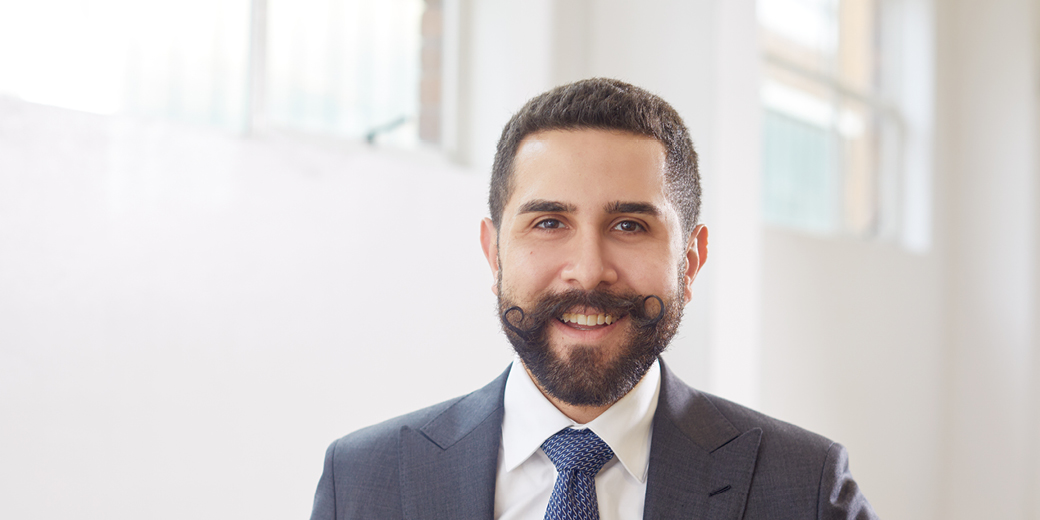










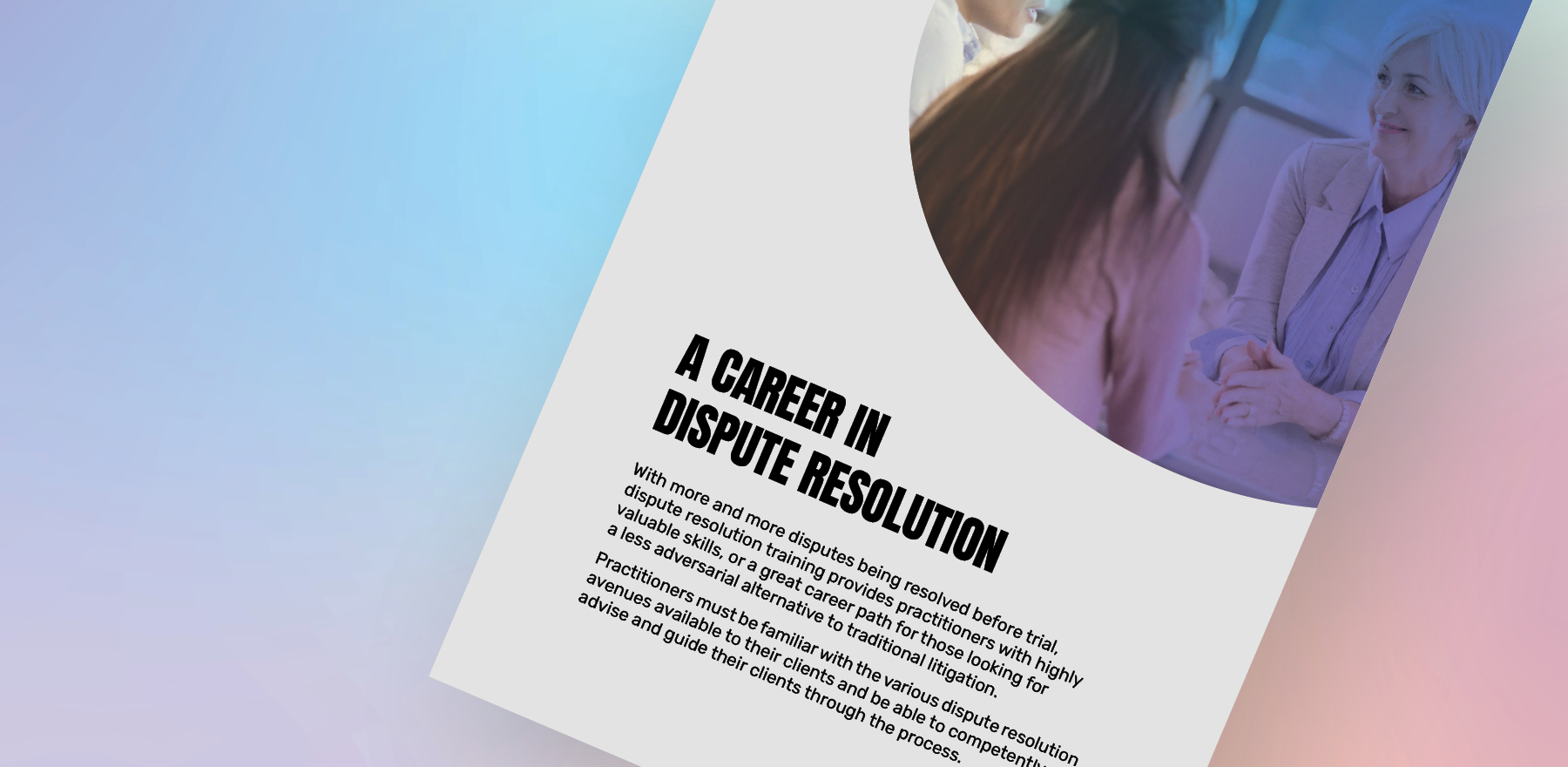

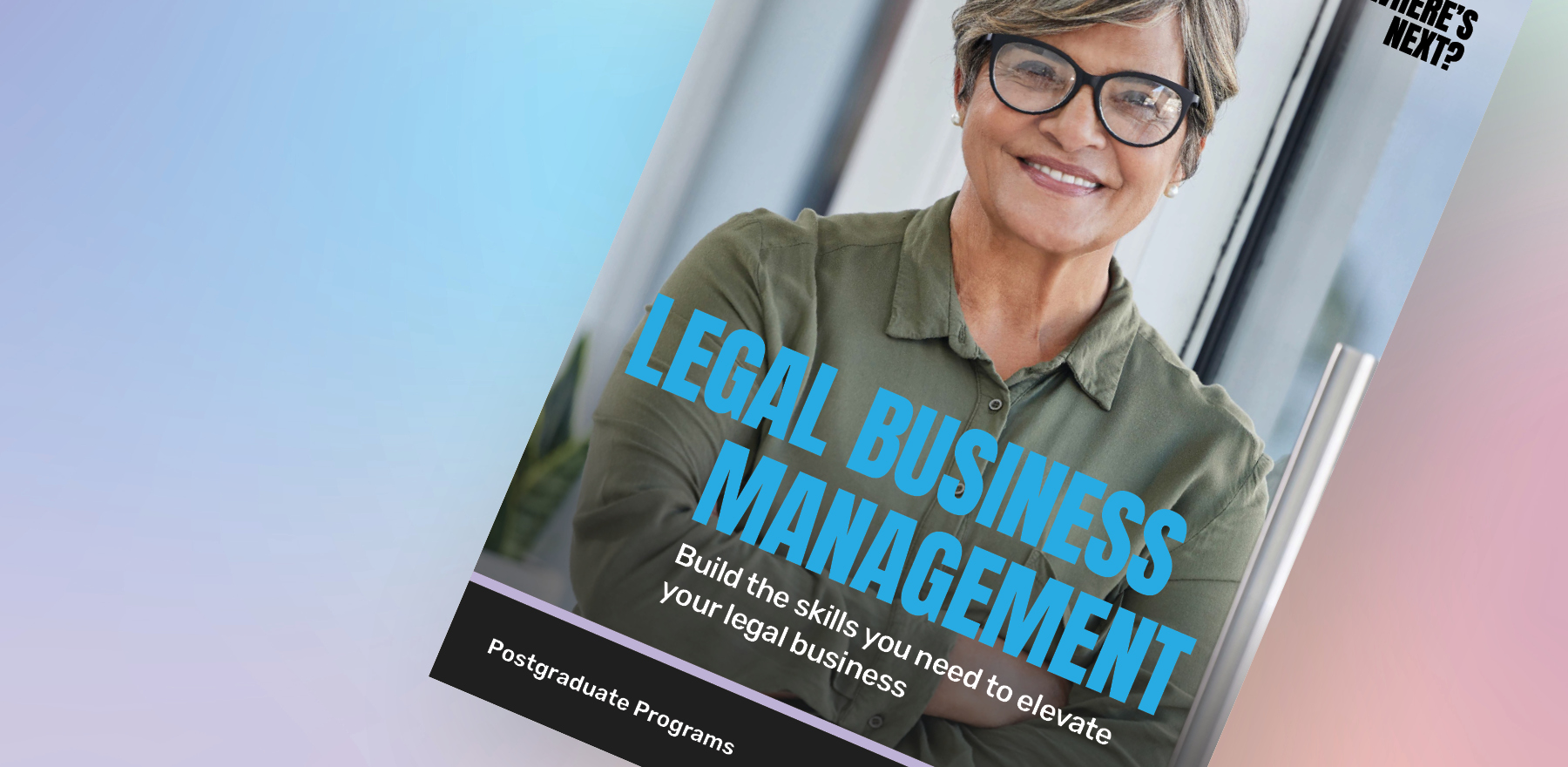


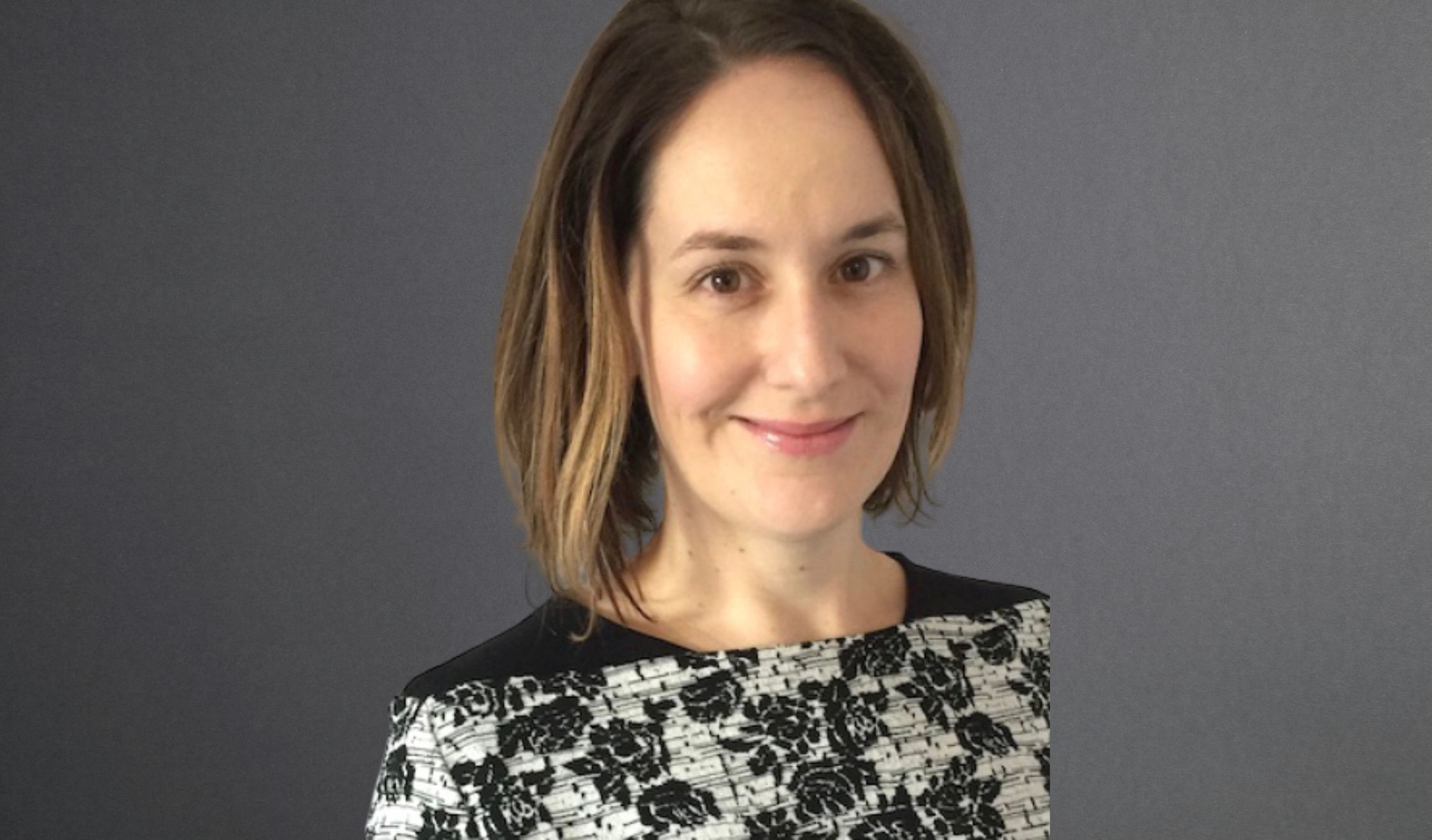
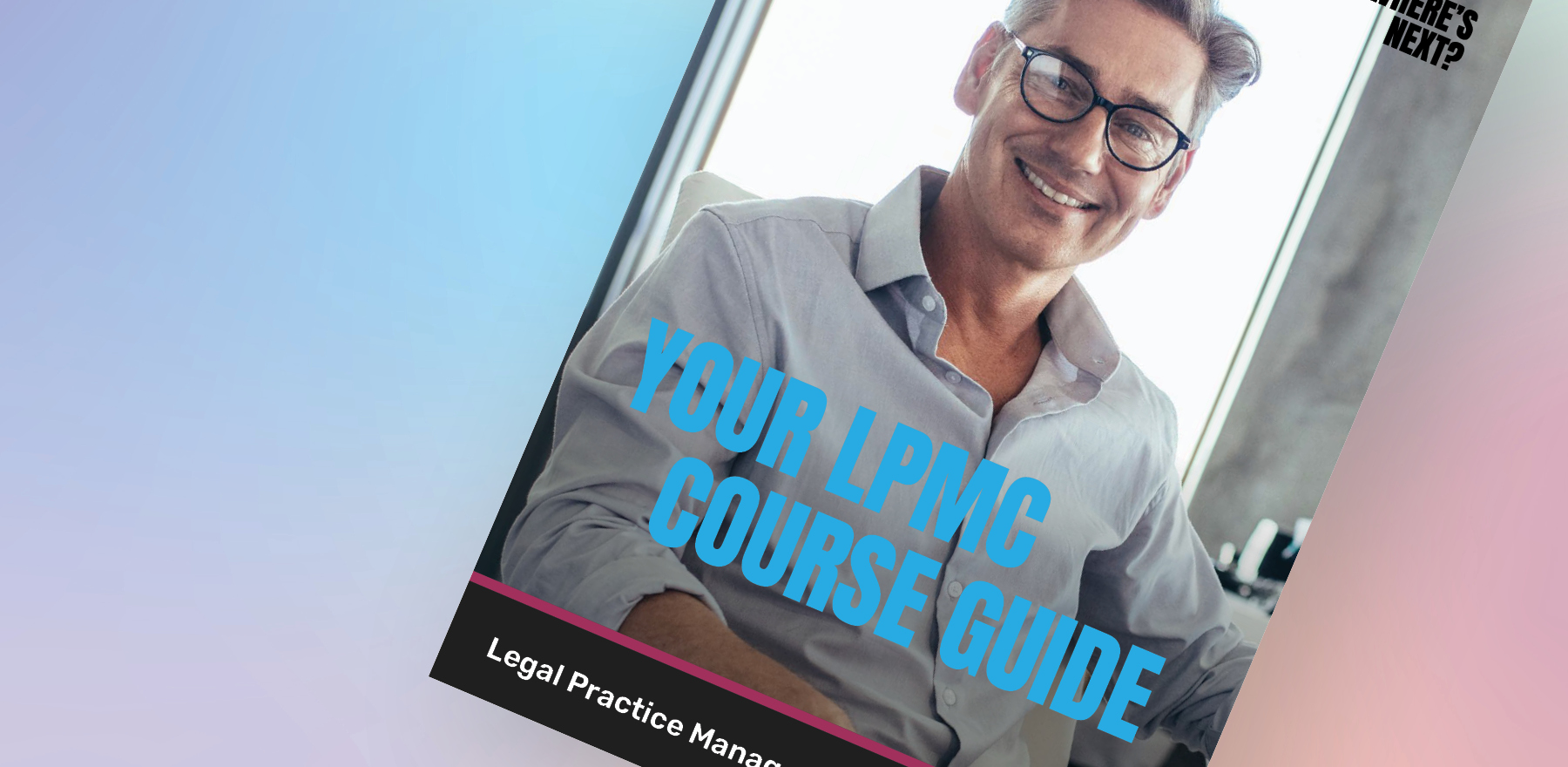
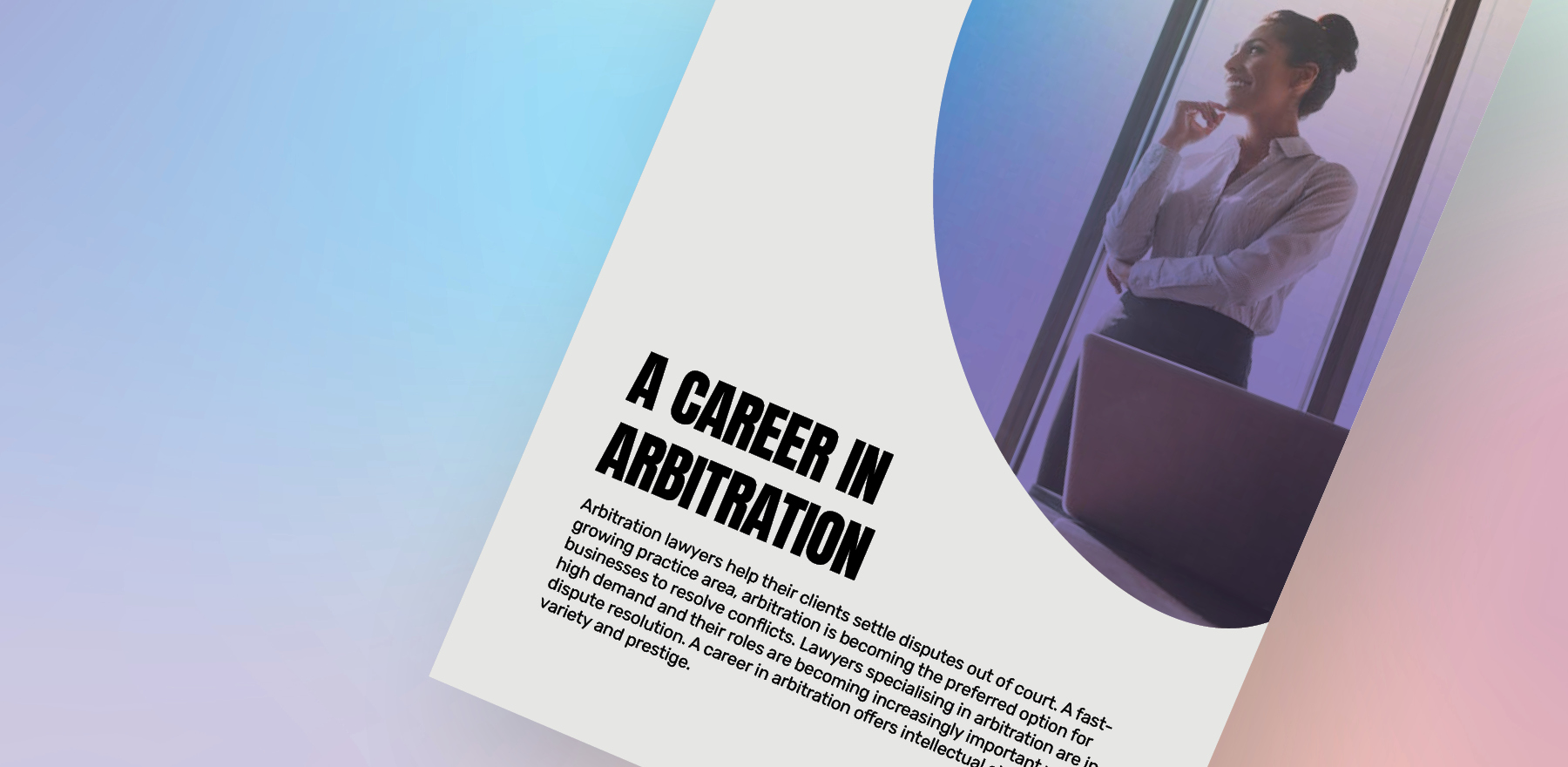
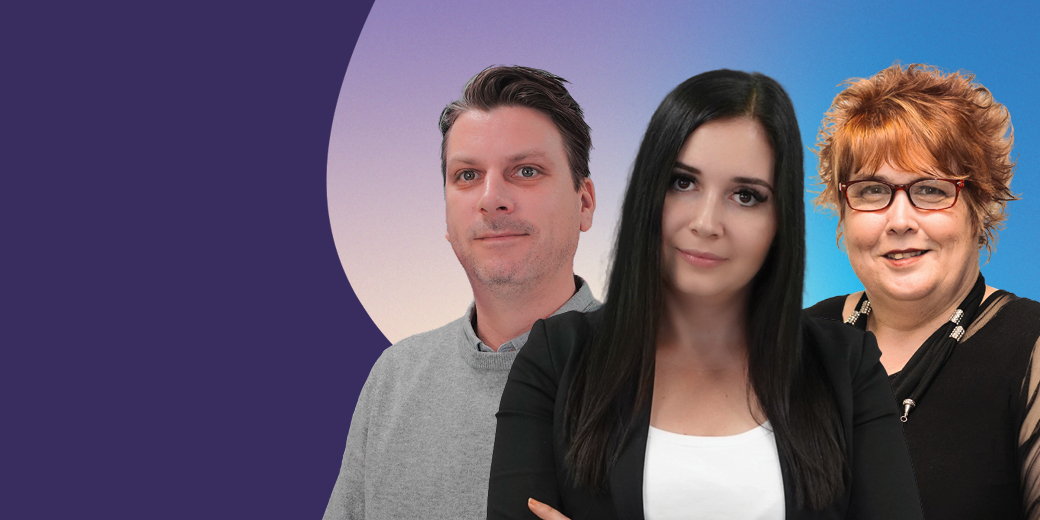

















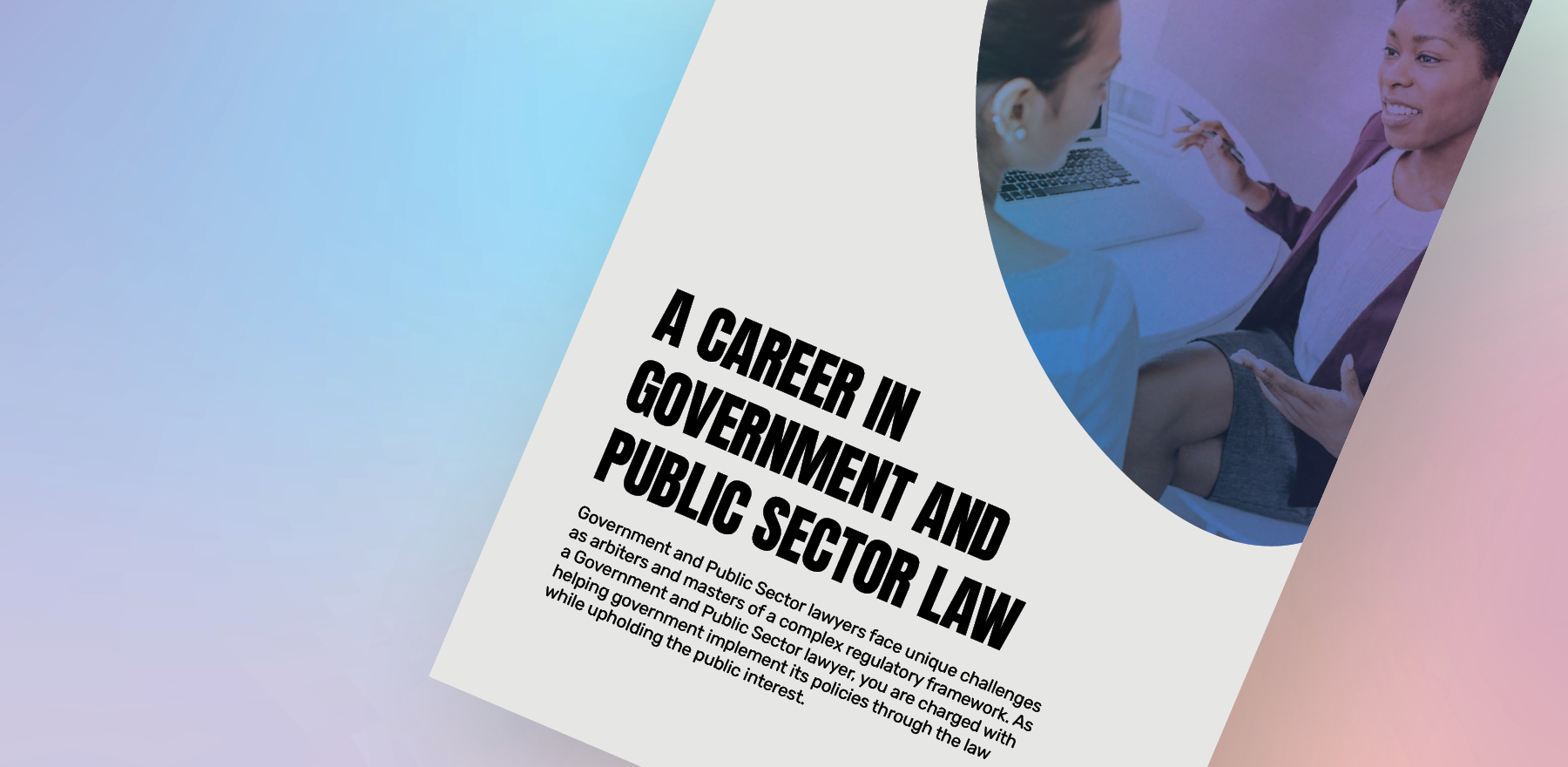


![How to handle Direct Speech after Gan v Xie [2023] NSWCA 163](https://images4.cmp.optimizely.com/assets/Lawyer+Up+direct+speech+in+drafting+NSW+legislation+OCT232.jpg/Zz1hNDU4YzQyMjQzNzkxMWVmYjFlNGY2ODk3ZWMxNzE0Mw==)
















